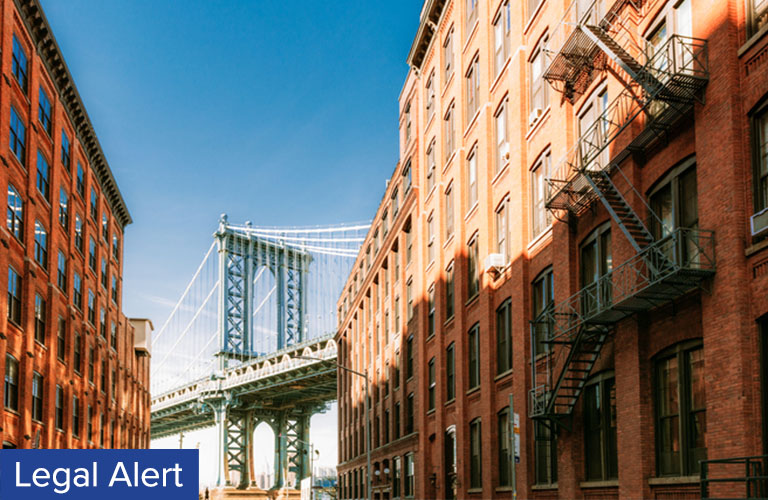
An appellate court decision issued on November 19, 2020 raises concerns that condominium board members may be exposed to unexpected personal liability in connection with their board service. In light of the decision, condominium boards should carefully examine the board member indemnification provisions of their bylaws.
In Board of Managers of the 28 Cliff St. Condominium v. Maguire, the former board president was sued by the current board of managers for misuse of condominium funds. The former president, defendant Maguire, disputed the claim of misuse and sought an order from the court requiring the condominium to indemnify her for the costs of defending the suit. Under the Business Corporation Law (“BCL”), that applies to cooperatives and other corporations, there is a fairly well-defined set of rules as to when a corporation may indemnify a board member in connection with the costs incurred in litigation and as to the circumstances under which a court may grant indemnification even if the cooperative has failed or refused to do so. Frequently, the BCL rules applicable to cooperatives are simply applied by analogy to condominiums, and the lower court in the 28 Cliff Street case did so – holding that Maguire’s right to indemnification depended, as required by the BCL, on whether or not there was a showing that she had acted in bad faith. However, the appellate court disagreed; it rejected the application of the standards of the BCL and held that Maguire was not entitled to indemnification even if she had acted in good faith.
The court reasoned that condominiums are unincorporated associations governed by their bylaws, the New York Condominium Act, and common law, not by provisions of the BCL unless those provisions specifically refer to condominiums or are based on non-statutory common law that previously existed for both corporate entities and unincorporated associations. The Condominium Act, however, does not address indemnification and there was no claim that unincorporated association board members are entitled to indemnification under common law. Moreover, the condominium’s bylaw as to board member indemnification in the Cliff St. case was narrow and limited to claims made against a member for breach of contracts made by the condominium; the bylaws did not cover tort-type claims against the members, e.g. for breach of fiduciary duty or other malfeasance.
There are procedural peculiarities to the 28 Cliff Street case, and the appellate court’s reasoning and holding present issues that may be appropriate for further appellate review and refinement, so the opinion may not be the last word on the indemnification of condominium board members. However, the most prudent course for condominium boards would be to take action now to assure that board members are adequately protected regardless of the ultimate outcome of the case or future court decisions. We suggest that boards review their bylaws and, if needed, take steps to amend them to provide appropriate indemnification. Amending condominium bylaws in New York requires the consent of two thirds of all unit owners, both in number and in common interest. Such amendments can, at times, be a challenge to enact, but amendment may well be worth the effort insofar as board member indemnification is concerned.

